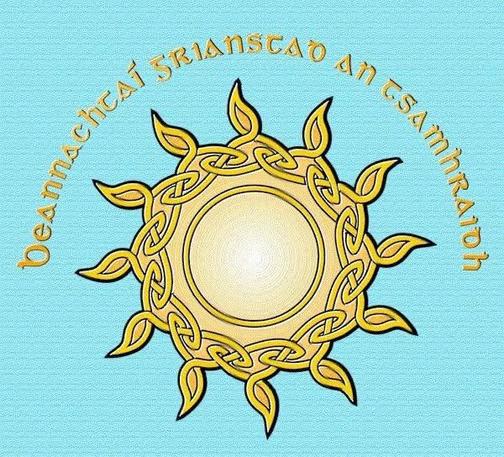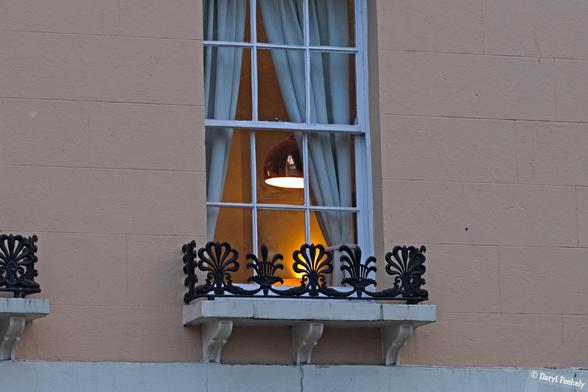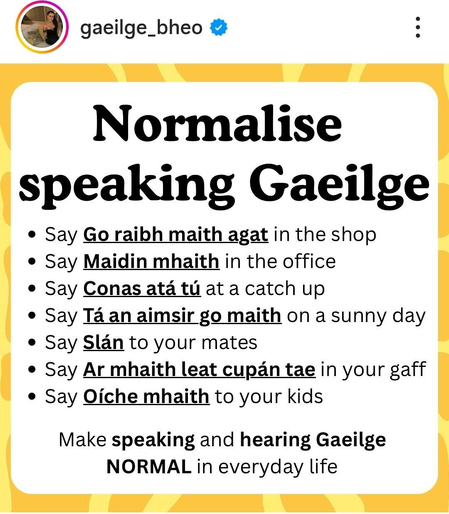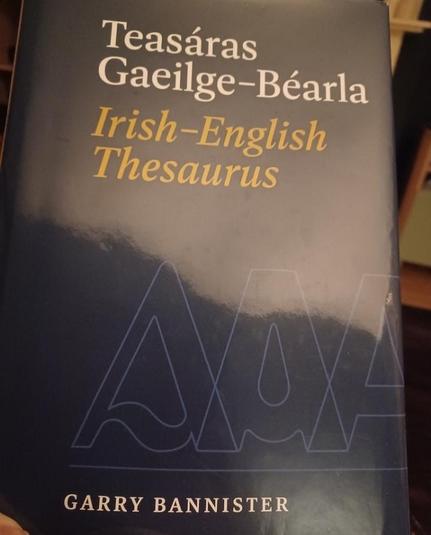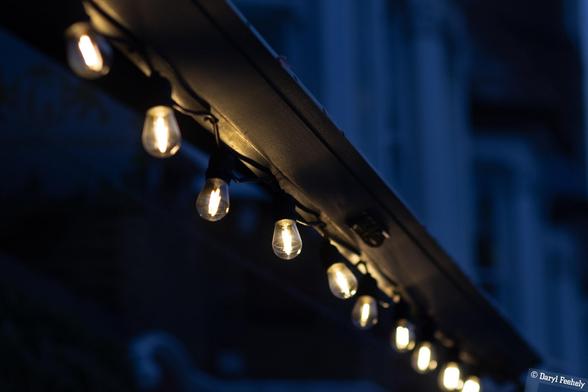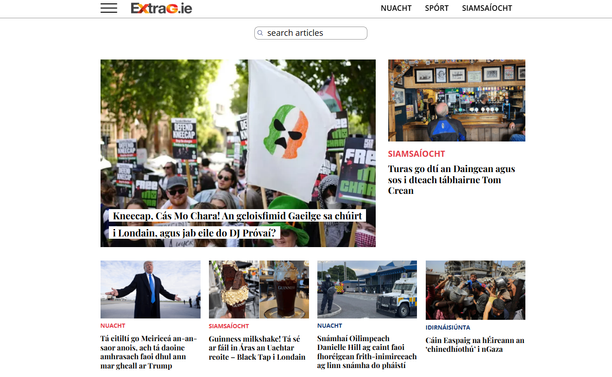#gaeilge #grianstad
beannachtaí grianstad an tsamhraidh oraibh a chairde. 💚🎉🕯️🌞
#Gaeilge
#gaeilge
this is a link to the ad for the MASSIVELY SUCCESSFUL 2018 #TáGaeilgeAgam campaign. 🔥
is leasta í. 🙏
https://youtu.be/N7_ZF7Ppa8I
#gaeilge
bhí ró-fhada agus an-deacair an la inniumh. beidh mé go breá amárach, ach tóirse mór orm leis cacamas mar seo. thart agus thart. 😢
Free mo chara!
Cara - friend
Caomhnóir - protector
" na mbocht - friend of the poor
Comhghuaillí - ally
Comrádaí - comrade
Crann taca - mainstay
Cúntóir - helper
Rúnchara - confidante
Seise - companion
Tacaí - backer
Taobhaitheoir - sympathiser
Taobhaí - supporter
❤️#Gaeilge
Kneecap’s Mo Chara expected to request for translator at court hearing
Kneecap’s manager, Daniel Lambert, said on social media that the “entire public gallery laughed” following the judge’s request for a translator as people pointed to fellow Kneecap member DJ Provai, real name J J O Dochartaigh.
>
Lambert wrote on X/Twitter: “Funniest moment of today.
“The magistrate (judge) said the court had so far been unable to find an Irish translator.“‘If anyone knows of one….’ he said.
“The entire public gallery laugh and all point at DJ Próvaí (JJ) at the same time.”
O hAinnaidh is expected to ask to be allowed to speak in Irish at the next hearing in August.
BBC Alba: Celtic Whispers | Féile na Gealái | BBC ALBA
Wait until the end to see the 'feadóg mhór' 👀🪈
#bbcalba #gaelic #gaeilge #feilenagealai #livemusic
Coimhead air: https://www.youtube.com/shorts/J74KQ-C1F7s
BBC Alba: Fèis Fit Checks | Féile na Gealái | BBC ALBA
Fliuch fèis fits aig Féile na Gealái ☔️
#bbcalba #festival #livemusic #gaelic #gaeilge #feilenagealai
Coimhead air: https://www.youtube.com/shorts/4PmI4TkpxpY
BBC Alba: Mudslide | Féile na Gealái | BBC ALBA
Dè bheireadh e dhutsa seo a dhèanamh aig fèis-ciùil? 👀🛝
#bbcalba #livemusic #gaeilge #gaelic #festival
Coimhead air: https://www.youtube.com/shorts/T4DDtwMcDv0
Chuala tú 'ruaille buaille'
Ach an bhfuil tú ar an eolas faoin 'holam halam'
https://www.teanglann.ie/en/fgb/holam_halam
Aon ceann eile sa sraith?
Recently I was thinking about the spelling choices for bilabial and labiodental fricatives in Old Irish.
How did those folks decide whether to spell it "lám" /la:β/ (> lámh — hand) rather than "láb", for example? It's probably cognate with "palm", so if they had a reason to use /m/ for what (we think) sounded like /β/, that may tell us something about the way they thought about writing.
In Middle/Modern Irish, 'mh' vs 'bh' don't seen to have a predictable pattern and there are cases when an Old Irish B changed to MH later, like in claibed → claíomh.
However, in Old Irish, the choice of M vs B seems to match I-E cognates more often than random.
E.g., samrad (~summer), samail (~similis), dam (~damalos in Greek).
I can see a few possibilities:
1. The whole hypothesis is wrong and the choice of B vs M is no more consistent than random.
2. Lenited /b/ and /m/ didn't sound quite the same at the time and they used "b" when the sound came from a bilabial plosive and "m" when it came from the nasal occlusive — considering that they understood the difference between front and back (slender and broad) vowels and felt a need to mark gemination of consonants, that's not too far-fetched.
3. They saw analogies in Latin or Welsh cognates, although that idea may be too far-fetched, especially for distant cognates like "lám".
4. They knew that "lám" had /m/ sound in earlier forms of the language, perhaps from the archaic language of the druids or from some ogham writing that didn't survive to this day.
If anyone has pointers, please share.
#MastoDaoine #Gaeilge #linguistics
